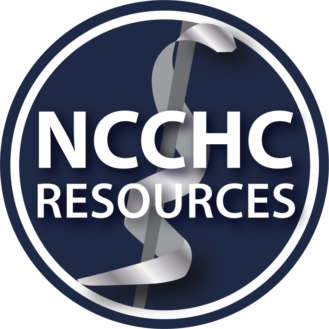By Richard Forbus, CCHP
Human trafficking is estimated to be one of the most prevalent crimes in the world, with some estimates placing it third behind the drug trade and counterfeiting. Typically associated with criminal enterprises including the sex trade and narcotics trafficking, human trafficking also occurs in legal industries and sectors such as agriculture, construction, and various service industries. Worldwide, an estimated 27 million people are victims of human trafficking annually.
Although many associate human trafficking with foreign nations, human trafficking is very prevalent within the United States. Forced labor and sex trafficking are the two primary forms of human trafficking recognized by the United States Government. Regardless of the context, human trafficking is defined as “using force, fraud, or coercion to exploit the labor or services of another person.” Migrant smuggling may be a component of human trafficking, but the simple movement of an individual from one point to another does not meet the definition of human trafficking unless other factors are present.
Some victims of human trafficking may have voluntarily entered their situation based on promises that benefit the individual but are eventually subjected to violence or coercion. Individuals being trafficked may not realize they are a victim of a crime. Some recent trends have indicated the use of illicit substances, primarily opioids, as an additional method of exerting and maintaining control over victims. Because of the addictive nature of opioids, traffickers have been found to use the threat of withdrawal to force victims to continue their use against their will.
Local, state, and federal agencies have made human trafficking a priority for enforcement strategies. However, many victims are unwilling to speak out, typically due to fear of retaliation. For those who have immigrated from another country, there may already be a hesitancy to trust uniformed staff based on corruption associated with military and police in their home countries.
Community intercept models focus on systemic opportunities to identify victims of human trafficking. As awareness has developed, other methods of education and awareness, such as public advertising, multi-language placards with text and phone numbers posted in public areas like airports and bus stops, and social media campaigns are examples of promoting education and awareness. In community settings, trained health care workers are an invaluable asset in the process of identifying victims.
A potential intercept opportunity exists in correctional facilities, specifically in jails that handle new arrestees coming in from the street. While the same stigma with law enforcement may apply to uniformed staff in jails, correctional health care staff and administrative custody personnel (classification) have an ideal opportunity to further efforts to identify victims of human trafficking, report them to authorities, connect them to services, and assist in the overall effort to stem human trafficking.
In correctional health care, new arrestees are typically screened for medical and mental health needs, ideally a short time after being processed in. As is done in community settings, screening tools for human trafficking could be considered as part of this process, and easily integrated into existing processes. Screening tools, training, and supportive resources are available through several organizations, including the U.S. Department of Health and Human Services, not for profit community organizations, and other educational sites.
Ultimately, education is a key component of creating awareness and understanding of an issue, and human trafficking remains an issue that is not clearly understood. Jails have an ideal opportunity to assist in the efforts to help victims of human trafficking. By spreading awareness of the issue, and offering education in its impacts, we can all work together to prevent or reduce the impact of human trafficking on the most vulnerable in our communities.
Richard Forbus, CCHP, is NCCHC’s vice president of program development. Reach him at [email protected].

